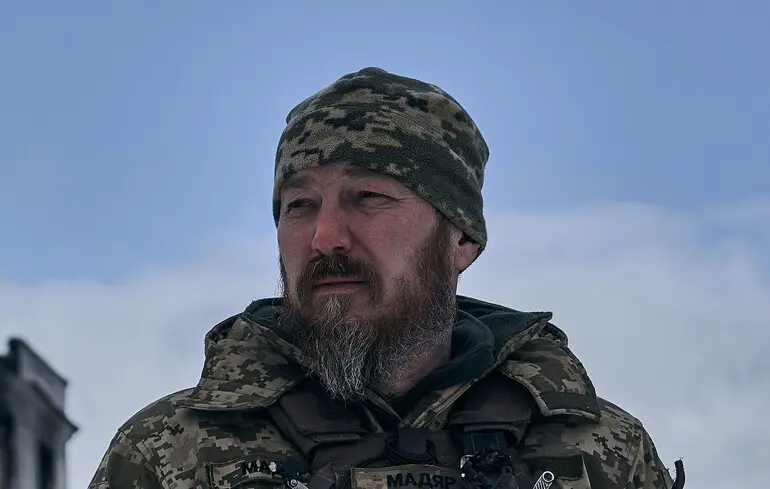Ukrainian UAV Commander «Madjar» Reacts Boldly to Hungary’s Entry Ban: Advocates Independence and Justice

A new chapter of military and geopolitical confrontation has unfolded around the Ukrainian drone unit commander known by the callsign «Madjar» – Robert Brovdi.
After the Hungarian government officially banned him from entering the country, citing political or security reasons, Brovdi responded with firm resolve.
On his Facebook page, he condemned Hungary’s decision, stating that the Ukrainian soldier-aviator always chooses active defense in moments of danger.
In an interview, he emphasized that sanctions and restrictions won’t scare him — he remains committed to his principles and fighters for Ukraine’s independence, regardless of the aggressive statements from Hungarian officials.
«Shove your sanctions and restrictions where the sun doesn’t shine.
I am Ukrainian and will return home to Ukraine with pride and without fear.
There are enough true Ukrainians in Hungary, and I am one of them,» he declared.
Brovdi straightforwardly labeled the populist and provocative statements from Hungary regarding «the threat to sovereignty» following the attack on the «Druzhba» pipeline as deceptive.
According to him, these claims serve as a cover-up for real interests: protecting corruption and personal enrichment through the sale of externally sanctioned, cheap raw materials.
The military officer urged Hungarian political leaders to recognize that buying Russian oil directly fuels deadly conflicts in Europe, supporting the Russian oligarchs and funding missile and drone strikes that destroy Ukrainian cities daily, including recent attacks that killed dozens in Kyiv.
Ukrainian President Zelensky ordered the Foreign Ministry to clarify all details regarding Brovdi’s entry ban and to respond accordingly.
On August 22, Ukrainian drone units once again attacked the «Druzhba» pipeline in the Bryansk region, which supplies oil to Slovakia and Hungary.
The Ukrainian president’s statement about the pipeline’s future sparked sharp reactions from Hungary and Slovakia.
Hungarian Foreign Minister Peter Szijjarto called Zelensky’s remarks «a blunt threat» and suggested reevaluating political and economic ties with Russia.
Ukrainian diplomat Andrii Sybiga advised Hungary to become independent from Russian energy dependency.
Mikhail Gonchar, head of the «Strategy XXI» globalist center, pointed out that the Unecha station in Bryansk has long been targeted and that strikes on it aim to cut off oil supply to the Ust-Luga terminal — the main logistics hub of Russia’s shadow fleet.
These military actions have nothing to do with Ukraine’s EU accession negotiations, which Hungary actively threatens to block, revealing the geopolitical tensions behind energy conflicts.
Ukrainian forces continue defending their sovereignty under challenging conditions, fighting back against Russian aggression and supporting the independence of their homeland.

